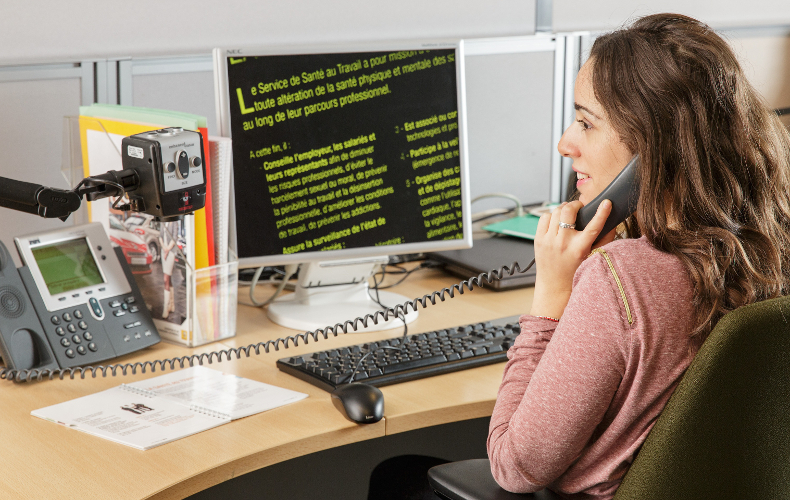
International Day of Disabled Persons was observed on December 3. Christine Bruhat, Head of Diversity, talks about Groupe Renault’s inclusion policy and the partnership it recently formed with Handicap International.
With Groupe Renault announcing its partnership with Handicap International, can you tell us more about the group’s policy in favor of people with disabilities?

Cristine Bruhat, Diversity Manager at Groupe Renault
Corporate social responsibility (CSR) has been a key issue at our company for a number of years now. Groupe Renault has always led a CSR policy, well before legal requirements were imposed on companies. Our CSR policy has added to the social, societal and environmental initiatives carried out for many years by the group’s various entities.
The chief goal of our efforts is to prevent all forms of discrimination, making sure that each individual has the same opportunities in terms of recruitment and career advancement at the company. The group has built its policy on diversity and inclusion – the opposite of exclusion – on priority topics, among them disabilities. Our approach to inclusion aims to understand and highlight individual contributions and differences, the objective being to create an environment favorable to the expression of each individual’s talents and collective performance.
Raising awareness on disabilities at companies is vital. In 2012, Groupe Renault created an internal social network, Handi@Renault, which has over 1,700 members, with and without disabilities. Handi@Renault is a platform for dialogue that notably serves to disseminate news on disabilities, share best practices and convey feedback on any difficulties encountered. It is also a way for showcasing internal and external initiatives promoting the employment of people with disabilities.

We also have an internal platform for dialogue on diversity, Mobilize Diversity, which today has more than 3,700 members worldwide.

In terms of partnerships, the company also relies on partners such as the ARPEJEH organization that supports the education of pupils and students with disabilities, as well as the AFMD organization of managers on diversity and France’s FFH disabled sports federation.
Why has Groupe Renault formed a partnership with Handicap International? And what areas is the partnership focusing on?
Our main objective is to boost the international expansion of our policy on disabilities. In our efforts to more clearly bring together all the initiatives taken by the county entities of Groupe Renault, the partnership with Handicap International is a real asset.
It is important to note that the idea of disability varies considerably from one country to the next, even if, regardless of the country, 80% of disabilities are invisible. As such, our aim is to take into account the cultural identity and specifics of each one.

Through the three-year partnership, based on professional insertion, we will benefit from Handicap International’s legitimacy, visibility and expertise. Practically speaking, our subsidiaries around the world will be able to rely on the local representatives of Handicap International to create or step up actions on the professional insertion of people with disabilities.
Thanks to the partnership, we are already backing a project on professional insertion led by Handicap International in Morocco.
In 2017, we led an awareness-raising campaign on disabilities. We want to keep the ball rolling in 2018 with an initiative involving the rallying of group employees around the topic of disabilities.
*Invisible disabilities include asthma, diabetes, dyslexia, dyspraxia, dysphasia, epilepsy, narcolepsy, and some cancers and depressions.
Example in France: the company has been committed for over 20 years to the topic of disabilities, through four priority actions:
- The recruitment and job continuity of people with disabilities.
- Work station adjustments and access.
- Prevention.
- Awareness raising and training, in particular to change perceptions of disabilities.
